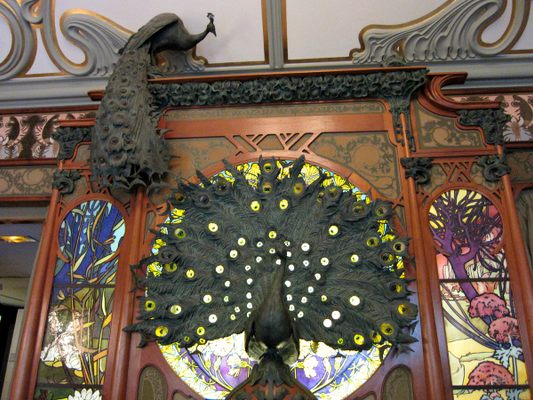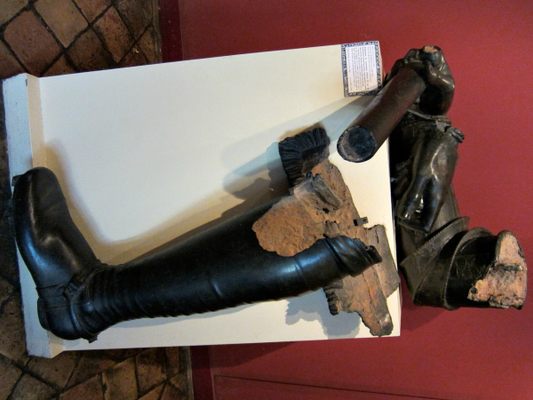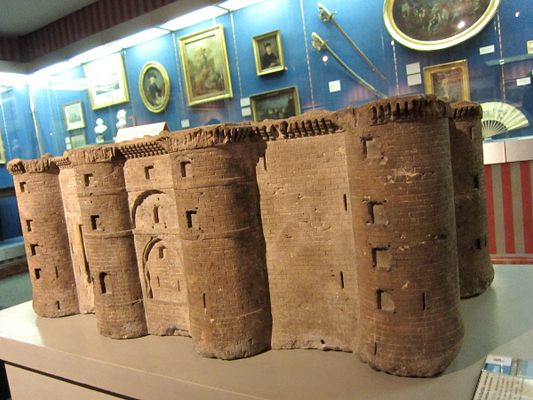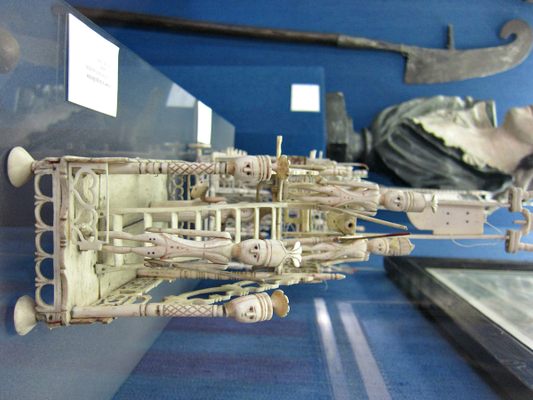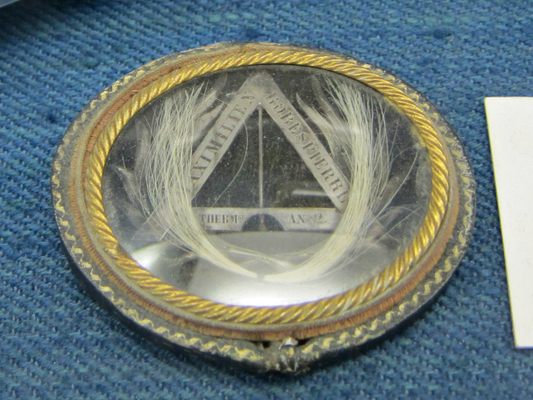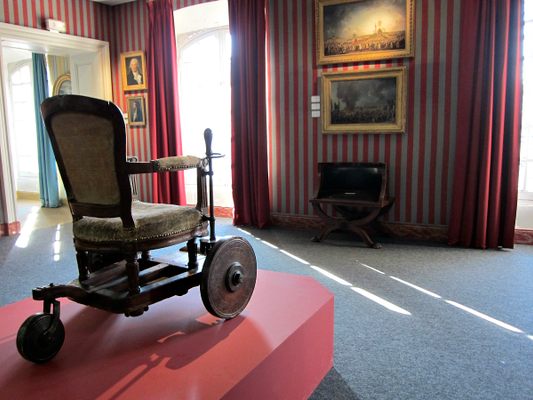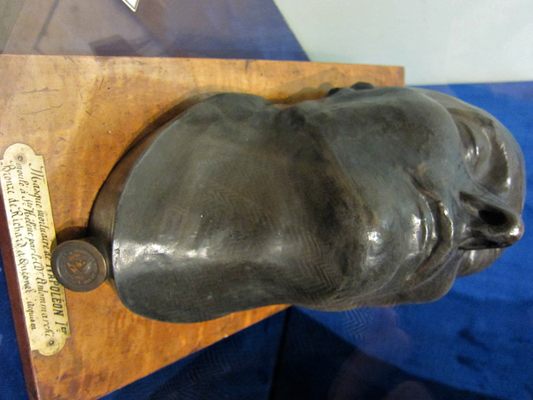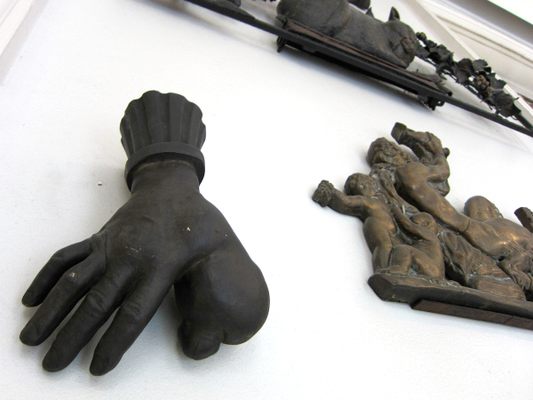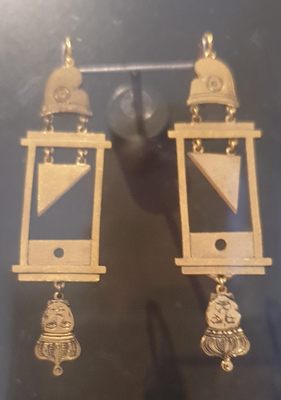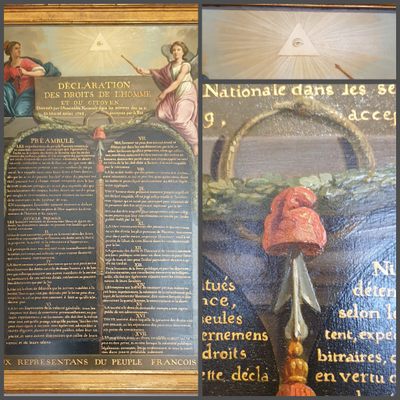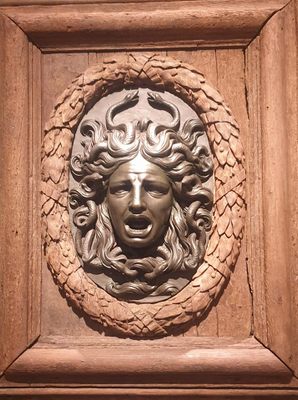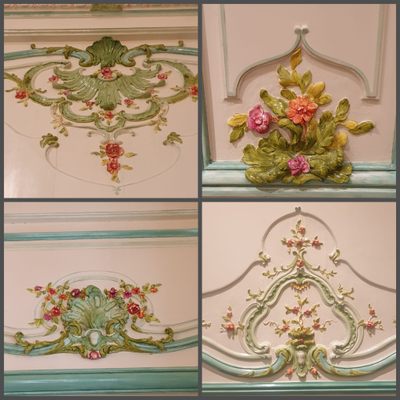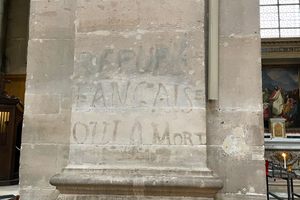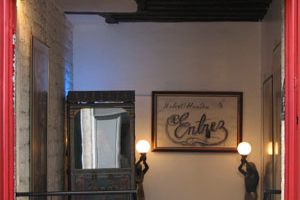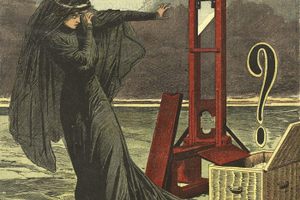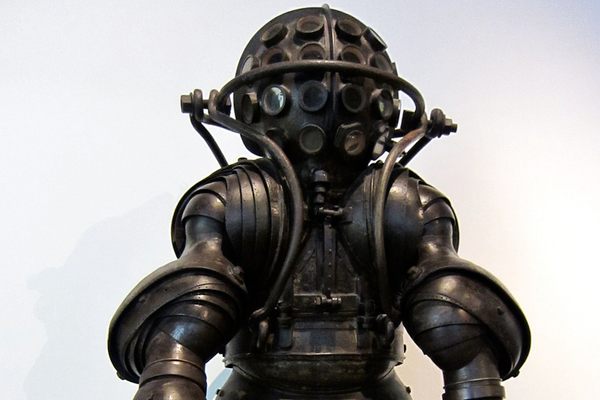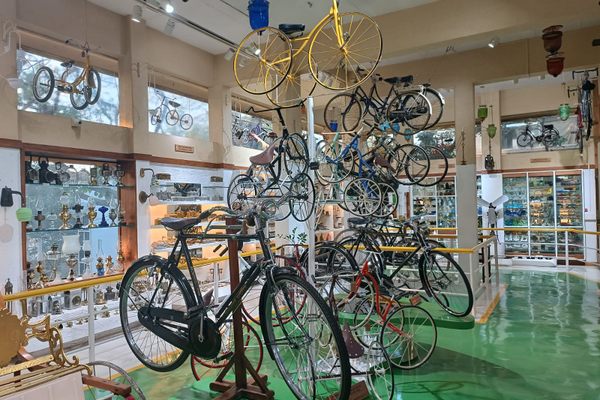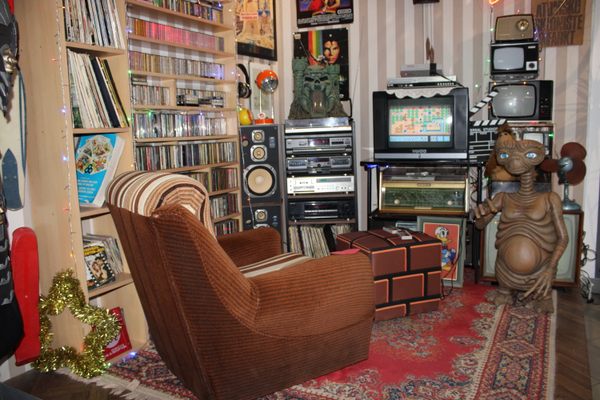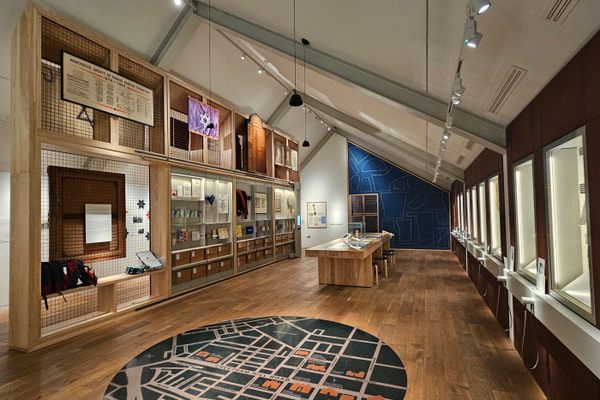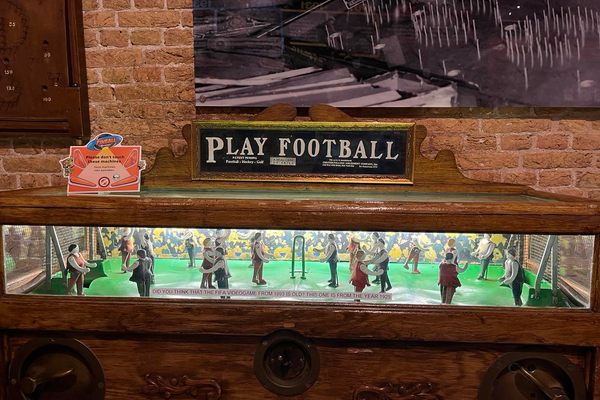About
Occupying two neighboring historical mansions, the Carnavalet Museum (Musée Carnavalet) in Paris tells the story of the city from its founding.
One of the mansions, known as "L'hôtel Carnavelet," was built in 1548 for the count Jacques des Ligneris and is decorated with sculptures representing the four seasons, marked with the beginning signs of the zodiac for each season.
In the courtyard, a sculpture of Louis XIV, the Sun King, greets visitors, along with gardens designed in the classic 18th-century French style. Inside, the museum shows the transformation of the village of Lutèce, which was inhabited by the Parisii tribes over two thousand years ago, into the grand city that Paris is today, with a population of over two million inhabitants.
The museum houses about 2,600 paintings, 20,000 drawings, 300,000 engravings, 150,000 photographs, 2,000 modern sculptures, 800 pieces of furniture, and much, much more.
Highlights of the Carnavalet's exhibits include personal items belonging to Marie-Antoinette, realist paintings of late 19th-century Paris, several paintings of Madame de Sévigné (who was considered the most beautiful woman in Paris), and Napoleon's favorite case of toiletries. There's also a Napoleon death mask, a complete recreation of Marcel Proust's room, and the elaborate Art Nouveau jewelry boutique of Georges Fouquet. The French Revolution objects are particularly interesting, with a lock of Robespierre's hair, a model of the Bastille made from a piece of the destroyed Bastille, the wheelchair of lawyer Georges Couthon, and delicate guillotine toys made of bone.
Update April 2018: According to the museum's website, it is closed for renovation until the end of 2019.
Related Tags
Know Before You Go
No entrance fee. Métro: St. Paul (line 1) or Chemin vert (line 7). Because of the extensive layout of the various four floors, highly recommend picking up a Floor Plan Map at the entrance. Each level is dedicated to a certain period in France's history. It can be overwhelming and disorienting trying to navigate the various rooms.
Community Contributors
Added By
Published
October 5, 2010
